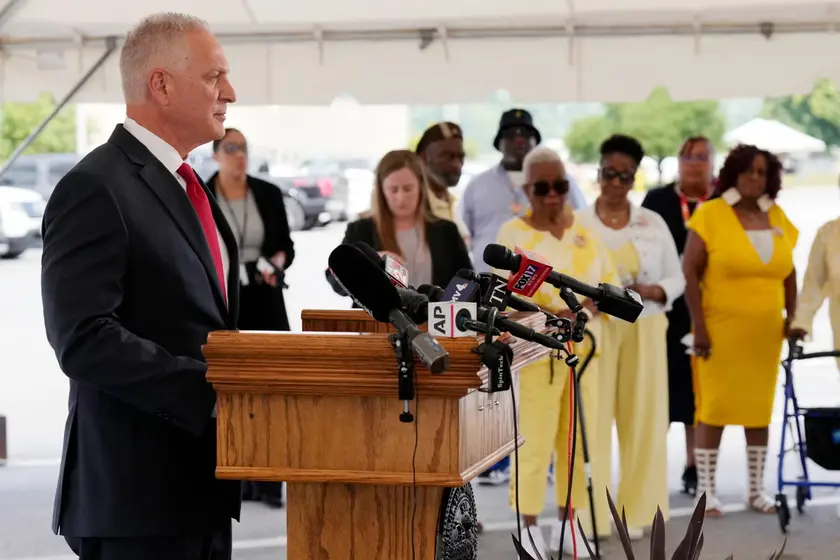T4K3.news
Voting Rights Act faces pivotal legal challenges
Legal arguments could limit protections for minority voters as the Supreme Court prepares to hear related cases.
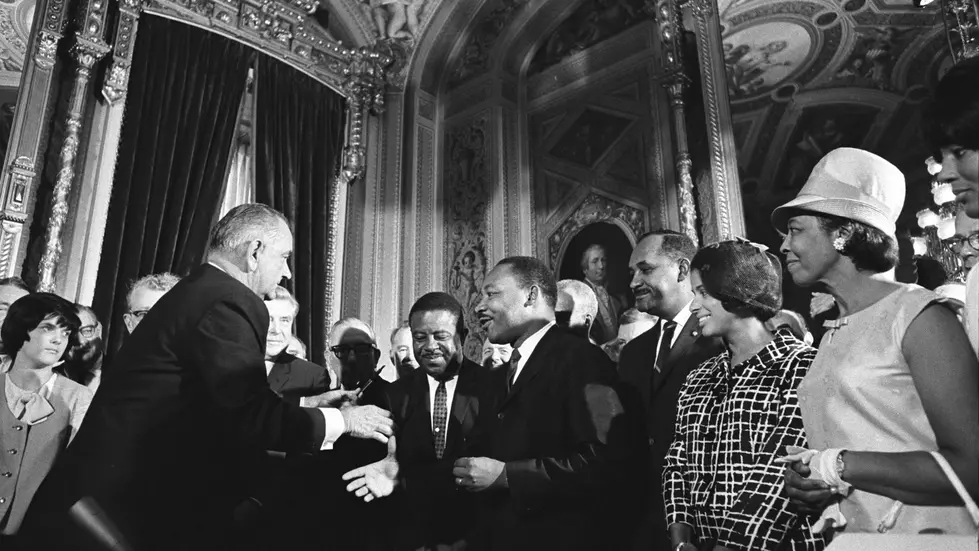
Legal challenges could reshape the Voting Rights Act and its protections for minority voters.
New threats face the Voting Rights Act as Supreme Court weighs legal challenges
As the Voting Rights Act marks its 60th anniversary, legal challenges are poised to reshape its protections for minority voters. The Supreme Court may hear cases that question whether private individuals can sue to enforce Section 2 of the act. This discussion comes amid significant concerns that, if only the Justice Department can act, the ability to protect voting rights at the local level could disappear. Statistically, around 92% of lawsuits regarding Section 2 have been pursued by private individuals since the act's inception, demonstrating the vital role these plaintiffs play in defending their voting rights.
Key Takeaways
"If there is no private right of action under Section 2 of the Voting Rights Act, the Voting Rights Act is basically dead."
Franita Tolson, an election law expert, warns about the implications of limiting enforcement rights.
"This case is a cloud over this anniversary because essentially what it means is that it depends on who wins the election in order to make sure voters are protected."
Tolson reflects on how political outcomes could dictate voter protections under the Voting Rights Act.
"We just want that proper representation. We want to be able to choose who represents us."
Jamie Azure, chair of the Turtle Mountain Band of Chippewa Indians, expresses the core demand of his community's legal challenge.
"If you didn't go further, it just wouldn't happen."
Otis Wilson reflects on the importance of taking legal action for voter representation.
The potential ruling from the Supreme Court represents a critical juncture for civil rights in the United States. Legal experts warn that curtailing the right of individuals to sue under Section 2 could extinguish many protections that voters of color rely on. As we reflect on the past and the hard-won victories, it becomes clear that this legal debate will not only impact current voters but may also shape the landscape of future elections and representation. The reality is stark: if the court decides against individual lawsuits, the Voting Rights Act may lose its effectiveness, reducing it to mere historical text rather than a living protector of democracy.
Highlights
- Voting rights are not just historic; they are critical for our democracy today.
- Without the ability to sue, the Voting Rights Act risks becoming meaningless.
- We must protect the right of every individual to stand up for their vote.
- This is a reminder of how fragile our rights can be.
Concerns over the Voting Rights Act's future
The ongoing legal challenges raise significant concerns about whether the Voting Rights Act's protections for minority voters can continue, especially if private individuals cannot enforce Section 2. This could lead to a situation where voting rights depend solely on political leadership.
The fate of the Voting Rights Act now rests with the Supreme Court, an unprecedented crossroads for democracy.
Enjoyed this? Let your friends know!
Related News
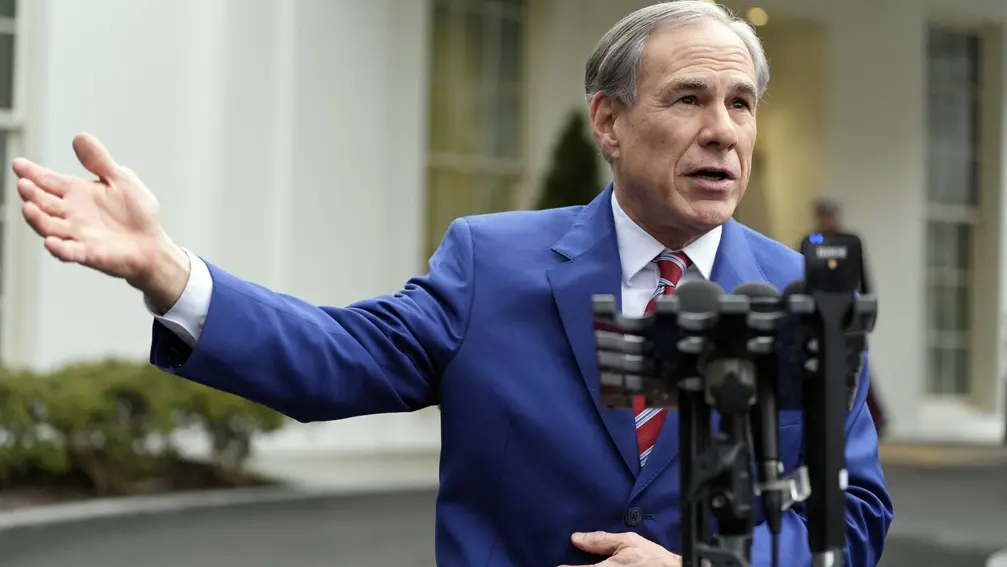
Texas GOP set to redraw congressional maps
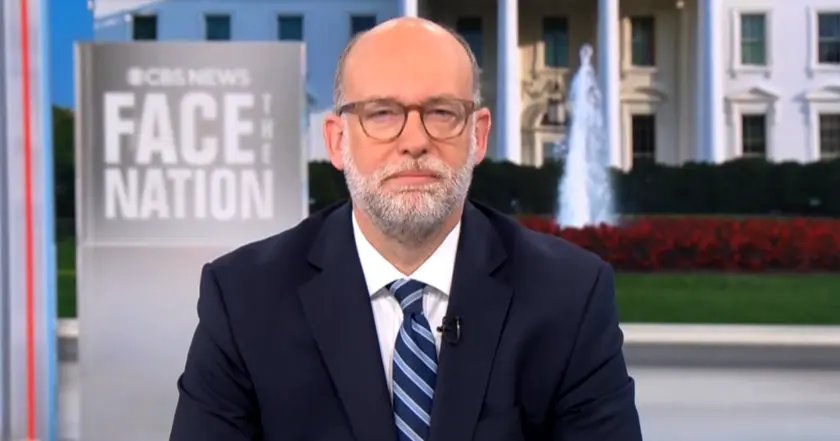
Russell Vought discusses Federal Reserve and funding issues
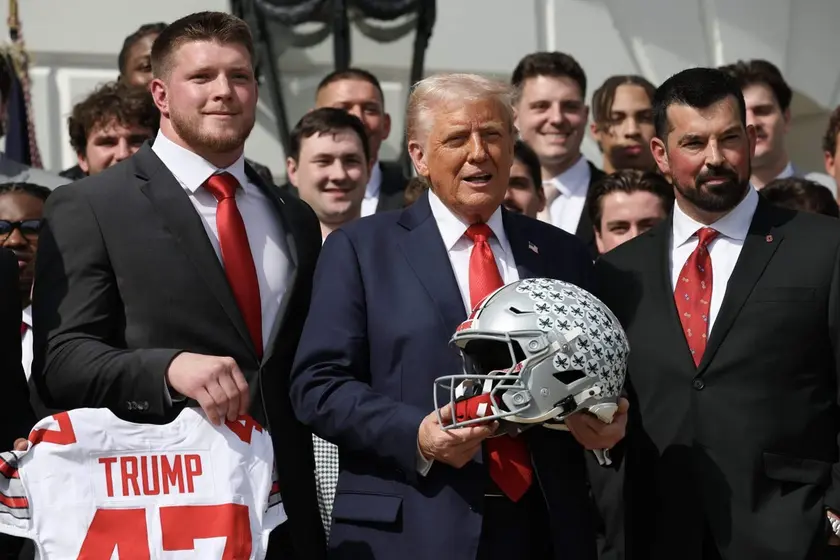
Trump signs executive order on college sports
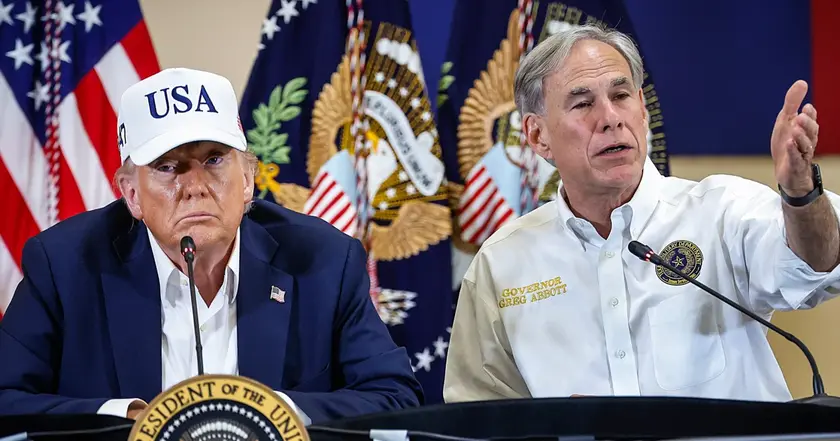
Texas Republicans propose new congressional map for 2026 elections
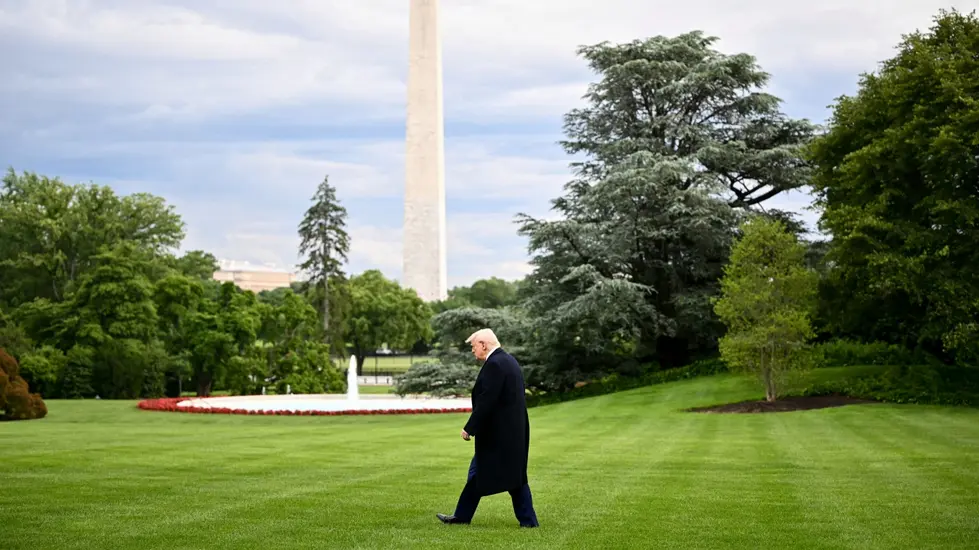
Trump considers federalizing D.C. police after assault
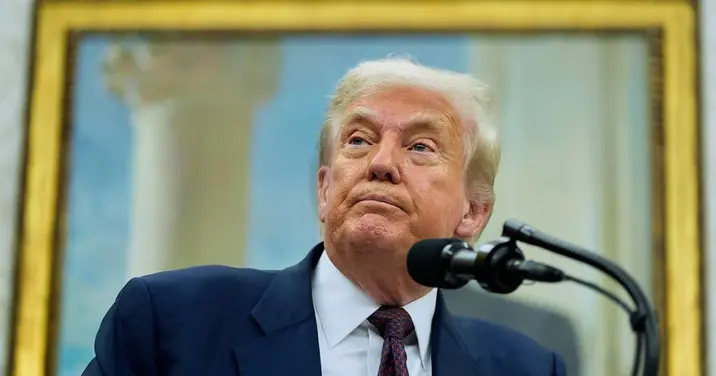
Trump urges federal control of D.C. following crime incident

Adriana Gallardo builds $300 million insurance empire
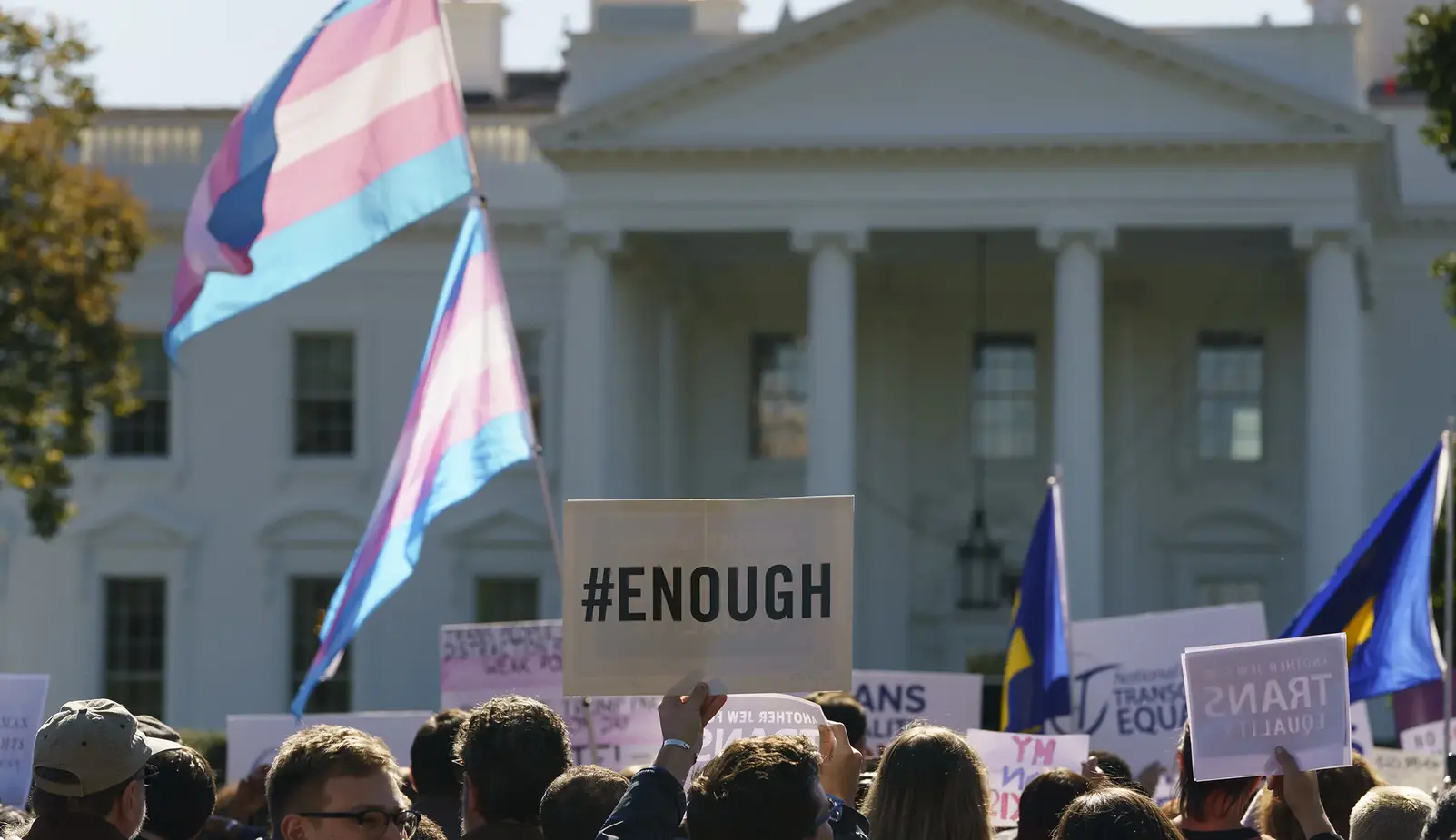
Biden's Title IX changes face legal challenges
